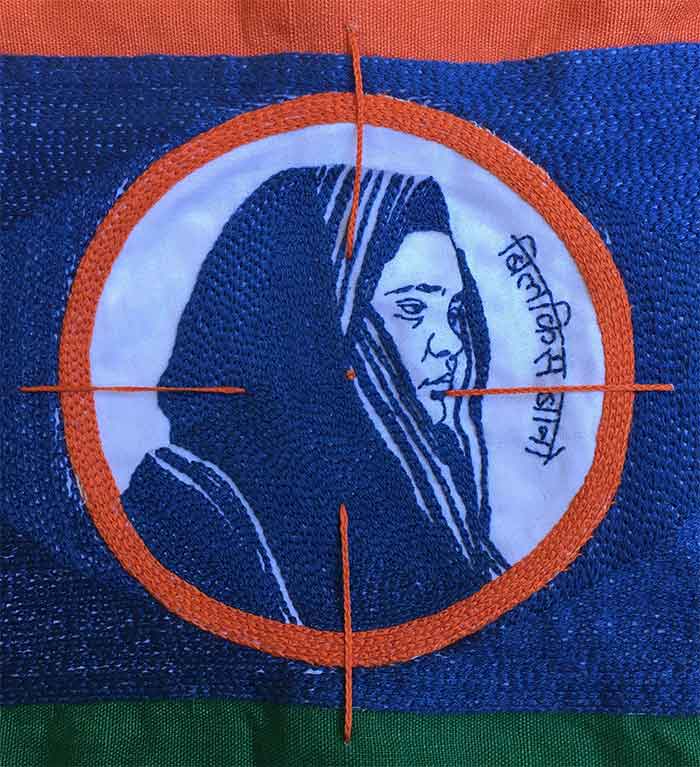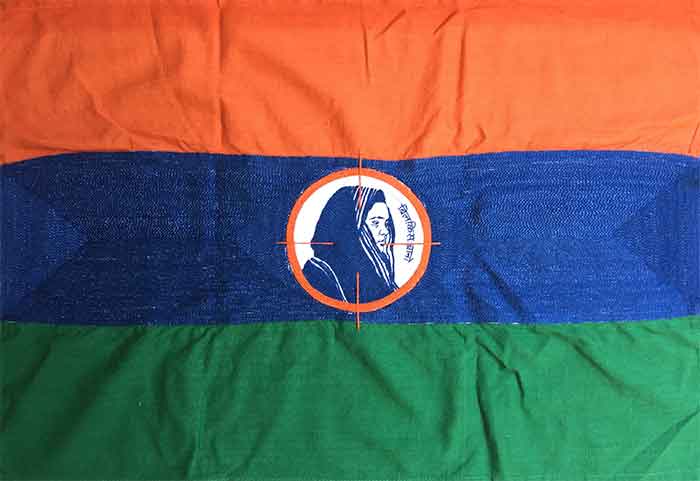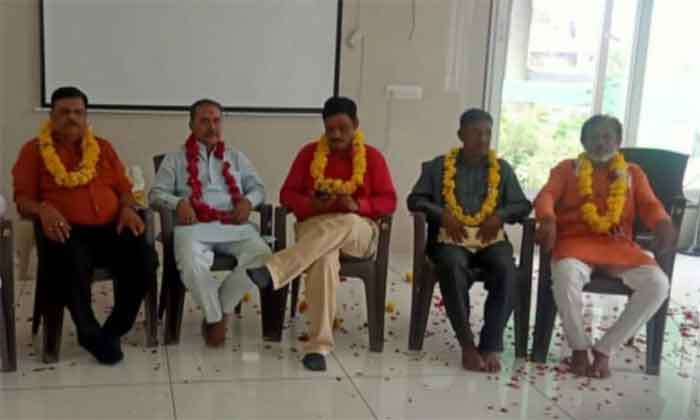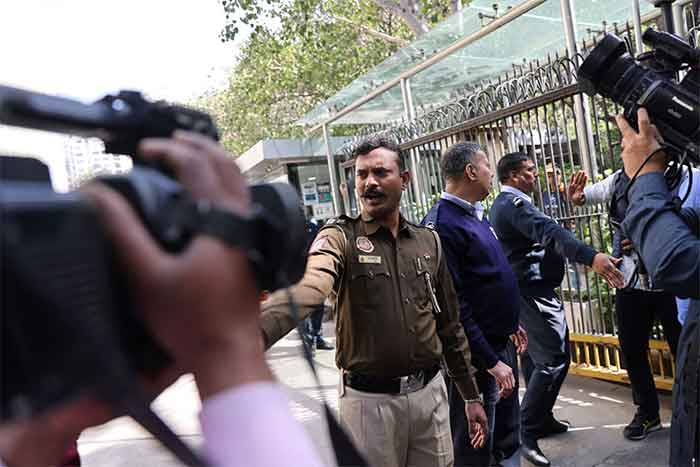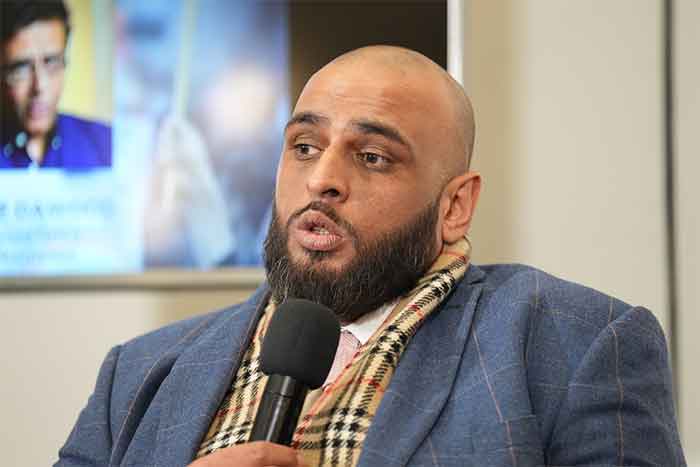
WASHINGTON – The National Press Club’s Journalism Institute last evening hosted a condensed showing of the controversial BBC documentary, India: The Modi Question. The two-part documentary banned in India tells the story of the 2002 riot that saw Hindu extremists attack the Muslim section of Gujarat killing thousands of Muslim Indians. The riot took place in the aftermath of an earlier attack at Godhra Station when a train coach caught on fire killing 59 Hindus.
That attack was said to have been planned and undertaken by Muslims in retaliation for the destruction of a mosque demolished by Hindus. The cause of the blaze, however, has never been determined. Importantly, at the time, Indian Prime Minister Narendra Modi was the Chief Minister of the state.
In her opening comments, National Press Club President Eileen O’Reilly called out India’s diminishing press freedoms by stating that “India should be proud that it is the largest democracy in the world, but it cannot hold on to that identity if it continues to erode press freedom, persecute journalists, and suppress news that holds a mirror up to its shortcomings. Since Modi came to power, we have watched with frustration and disappointment as his government — time and time again — has suppressed the right of its citizens to a free and independent news media.”
After the showing, a panel discussion that included massacre survivor Imran Dawood, his uncle Yusuf Dawood the family spokesman and Dr. Aakashi Bhatt, daughter of Sanjiv Bhatt, a senior police official who has been incarcerated as a whistleblower for testifying before India’s Supreme Court that Modi ordered the police to allow Hindus to kill Muslims.
Panelist Imran Dawood who was 18 years old at the time of the attack related how when he and his two uncles were returning from a visit to the Taj Mahal along with their driver, they saw flames as they arrived in Gujarat. As they approached the city, they were stopped at an impromptu roadblock set up by Hindus and after getting out of the car the group pleaded with the crowd that they were peaceful.
Imran said to prove he was not a Muslim “I myself was ordered to lower my pants and had my human dignity taken away from me in the same tactic used by Nazi Germany.” Afterward they were stabbed repeatedly and beaten before he saw his family members lynched. He was able escape further violence by feinting to be dead. He summed up his experience that day by saying, “the trauma will always be with me, but I won’t be defined by it.”
All three panelists were united in their condemnation of Hindu Nationalist Modi and his BJP party’s desire to divide and subjugate Indians by stirring up religious violence and in their banning of the documentary to keep the truth from airing. The erosion of press freedoms and the right of free speech is now sadly lacking in Indian society as Aakashi Bhatt in referring to the media in present day India described their role as being “used by the regime to do its dirty work.”
Going further, she later commented in answer to a question about press responsibility and power about what media has in a free society saying, “You have the power to hold this regime accountable. Silence is a form of condoning what Modi did.” And “I encourage you to report the truth and expose this virus.”
While family spokesperson Yusuf Dawood warned “…It is not inconceivable that you yourself may have an Indian-style democracy in terms of democratic credentials being pushed to one side, in terms of the freedom of the press being owned and concentrated, in terms of the truth being suppressed through electronic laws designed for something completely different… Highlight the facts. All you have to do is tell the truth. You don’t have to embellish; it you don’t have to do anything.”
All the panelists agreed that India is seen as a profitable marketplace and that billionaires and others including governments are willing to overlook its democratic decline in favor of putting profit over all else. US-India relations can be best understood by considering US foreign policy goals of creating a good economic and working relationship with Modi to balance both China and Russia’s influence in the country.
That economic transition has already been taking place as US-China relations continue to deteriorate along with the question of Taiwan’s future. Major corporations, manufacturers and logistics companies are transitioning away from China as a sole source by looking towards India and Southeast Asia in their quest for stability and profitability. India has much to win and much to lose but its freedoms and democracy are irreplaceable.
Photo: Phil Pasquini
(This article has previously appeared in Nuzeink.)
Phil Pasquini is a freelance journalist and photographer. His reports and photographs appear in the Washington Report on Middle East Affairs, Pakistan Link and Nuze.ink. He is the author of Domes, Arches and Minarets: A History of Islamic-Inspired Buildings in America.
© 2023 nuzeink all rights reserved worldwide

